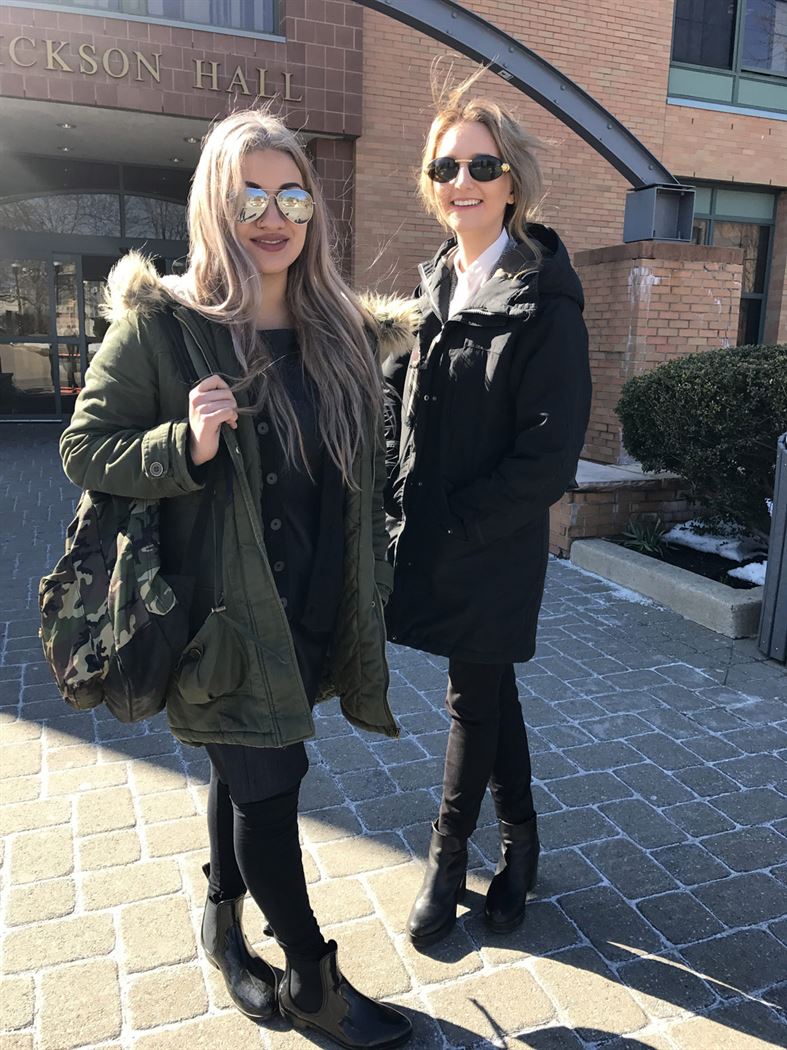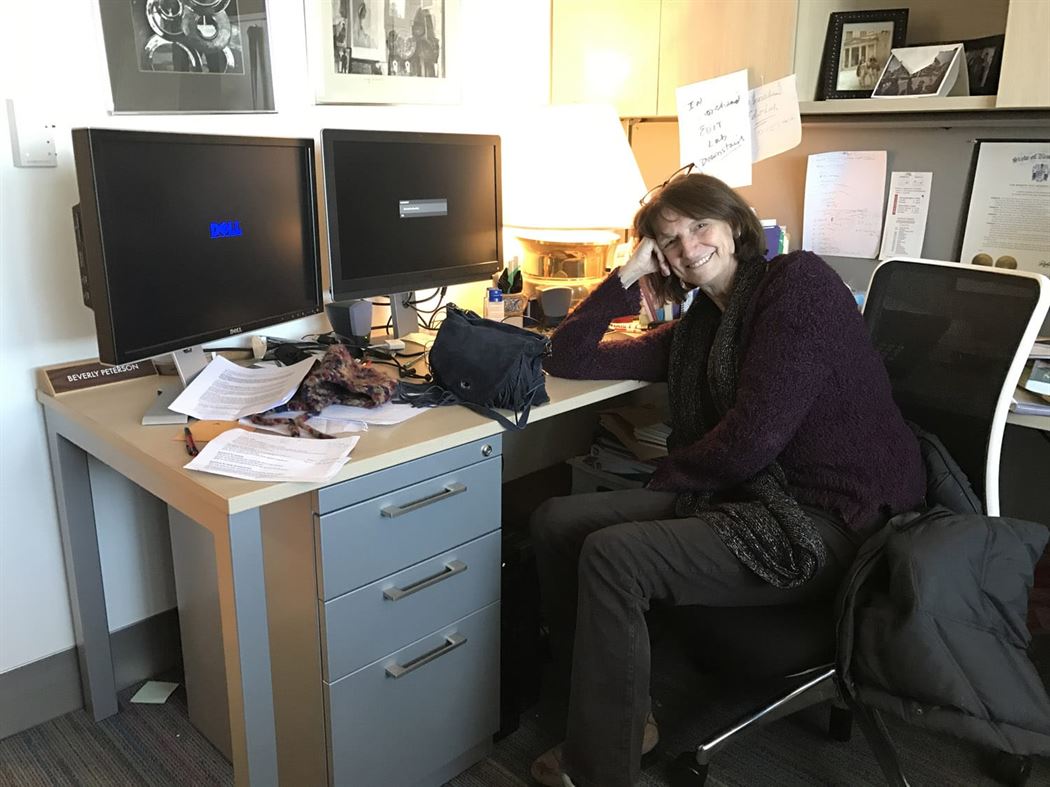
A still from Peter Chapman’s silent film “The Strings of Things,” which was selected to screen at the Montclair Film Festival last year and will be shown at the International Videoarte Festival of Camaguey, Cuba. Photo courtesy of Peter Chapman
Students from various departments in the College of the Arts will be travelling to Cuba from April 3 to 9 to attend the International Videoart Festival of Camaguey, Cuba. They will be interacting with filmmakers from all over the world as well as attending discussion panels.
One of the highlights will be the showing of two experimental films by Montclair State students Peter Chapman and William Monahan. Experimental films explore universal truths and contain metaphors and open-ended concepts.
“The point of it is if I show [the film] to someone in America and I show it to someone from a different country, they both make up their own concept to it but their conclusions are kind of similar,” Chapman explained.
Film major Chapman will be showing his experimental film, “The Strings of Things.” It was selected to screen at the renowned Montclair Film Festival last year under the category “New Visions from Montclair State University.” The film is about a young man who routinely puts hand-written notes inside his empty alcohol bottles and ties them to a tree in a middle of a field as a way to sulk his sorrows.
Film major Monahan will also be showing his experimental film entitled “i, u, we, us, this” at the film festival in Camaguey. He is excited for the trip. “I am always looking for new opportunities to share my work and gain a new understanding of my work based on how it is perceived by an audience,” he said.
Monahan’s film investigates the idea that the human experience surpasses time, race and setting. He used clips from 17 different films and accompanied them with short texts that he had written. The texts set dates, and express a feeling or circumstance that match with the action on screen.

Journalism major Laila Abuelhawa, left, and film major Nathalie Tilley, right, will also be going to Cuba and attending the International Videoarte Film Festival. “I have never been to Cuba and I thought going with the school would be an awesome opportunity to travel and to get new perspectives,” Abuelhawa said.
Photo by Awije Bahrami
Professor Beverly Peterson, one of the faculty members leading the trip to Cuba, initiated the trip. She has been to the same festival before in 2015 and 2016 where she always met up with Diana Rosa Perez Legon and Jorge Luis Santana Perez who have been guests at the Montclair State Film Forums several times.
According to Peterson, after U.S.-Cuban relations started defrosting in 2015, getting visas for educational trips to Cuba have become less restrictive. ”Everyone told us we wouldn’t have been able to go before [the re-establishment of U.S.-Cuba ties],” she said.
Peterson decided to take students to the festival this year because she thinks it opens up the world to them and will “let them realize that the world is a much, much bigger place than New Jersey or the east coast or whatever it is they define themselves.”
She believes that traveling at a young age, especially while in college, changes how students approach school. “I think that’s very important,” she added.
Peterson will also be showing parts of her current project at the festival: a virtual reality documentary. Her film was inspired by her mother, while she told Peterson about her childhood memories. The viewer goes through a house full of memories and enters different worlds. For example, at one point, the viewer goes underwater.
Wendy Gilbert-Simon, the short-term study abroad adviser at the Global Education Center, came up with the budget, wrote the program description and managed the applications as well as the student orientations for the trip. She thinks the Cuba trip is special in a sense that “people have not traveled to Cuba very much. It is still unknown territory to most people.”
Like Peterson, Gilbert-Simon expects students to get a lot out of the trip. She hopes it will “open their eyes to different cultures and different ways of thinking, and to rethink their own cultures and their own ways of thinking,” she said.



